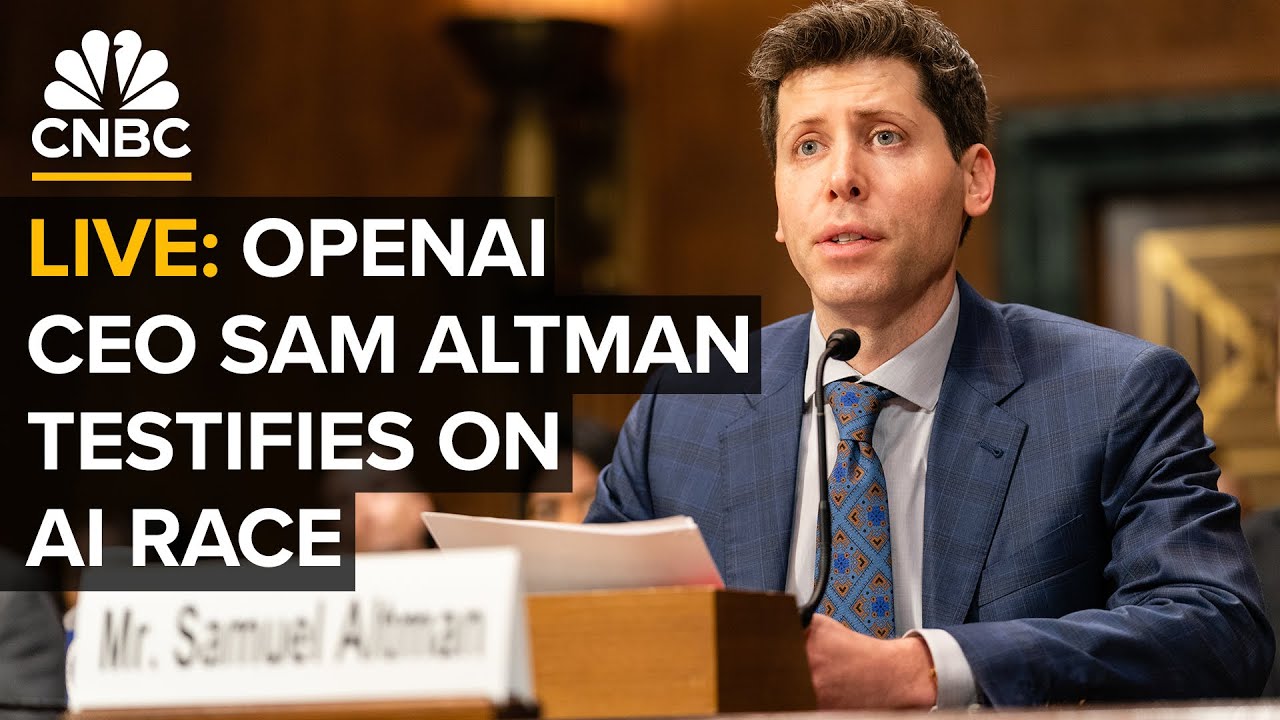The Senate hearing emphasized the importance of maintaining U.S. leadership in AI through balanced, light-touch regulation, strategic infrastructure investment, and international cooperation, while addressing ethical and societal challenges. Witnesses highlighted the need for innovation-friendly policies, public-private partnerships, and standards-setting to ensure the U.S. remains competitive against global rivals like China and Europe.
The hearing before the Senate Committee on Commerce, Science, and Transportation focused on the critical importance of maintaining U.S. leadership in artificial intelligence (AI) amidst global competition, particularly from China and Europe. Witnesses emphasized that AI is a transformative technology comparable to the internet, with the potential to revolutionize industries, create jobs, and enhance national security. The discussion highlighted the need for a balanced approach that fosters innovation and adoption while avoiding overly restrictive regulations that could hinder progress. The witnesses underscored that the U.S. has historically succeeded by embracing entrepreneurial freedom and light-touch regulation, which has driven economic growth and technological leadership.
A significant portion of the hearing addressed the importance of infrastructure, energy, and supply chain resilience in sustaining U.S. dominance in AI. Witnesses called for increased investment in data centers, chip manufacturing, and energy sources, emphasizing that these are foundational to AI development. They warned against burdensome permitting processes and regulatory fragmentation that could slow down deployment and innovation. The witnesses also stressed the importance of public-private partnerships, workforce development, and maintaining open ecosystems to ensure the U.S. remains competitive globally. They highlighted recent investments, such as the Stargate project in Texas, as examples of how strategic infrastructure can bolster AI capabilities.
The discussion also covered regulatory frameworks, with a consensus that overly burdensome or Europe-style pre-approval processes would be detrimental to U.S. leadership. Instead, the witnesses advocated for a light-touch, flexible regulatory approach that encourages innovation and international cooperation. They emphasized the importance of setting standards through industry collaboration and federal agencies like NIST, which would enable the U.S. to influence global norms and prevent other nations from establishing divergent or restrictive standards. The witnesses warned that heavy-handed regulation could slow innovation, reduce competitiveness, and cede leadership to China and other competitors.
Another key theme was the ethical and societal implications of AI, including issues of bias, discrimination, and misinformation. Witnesses acknowledged that algorithms can perpetuate societal biases and that proactive measures are necessary to prevent harm, especially to marginalized communities. They supported efforts like the AI Civil Rights Act and emphasized the importance of transparency, safety standards, and societal resilience against deepfakes and malicious uses of AI. The witnesses also discussed the need for ongoing research into AI’s environmental impact, advocating for government studies and stakeholder collaboration to better understand and mitigate AI’s energy and water consumption.
Finally, the hearing underscored the importance of international cooperation and the role of the U.S. in shaping global AI standards. Witnesses stressed that the U.S. must lead in setting standards that reflect American values of privacy, transparency, and free speech, while working with allies to prevent authoritarian regimes from dominating AI development. They highlighted the need for a unified, strategic approach to export controls, research funding, and workforce training to ensure the U.S. remains at the forefront of AI innovation. Overall, the hearing reinforced that a balanced, strategic policy framework—focused on fostering innovation, safeguarding security, and promoting ethical AI—will be essential for the U.S. to win the global AI race.
